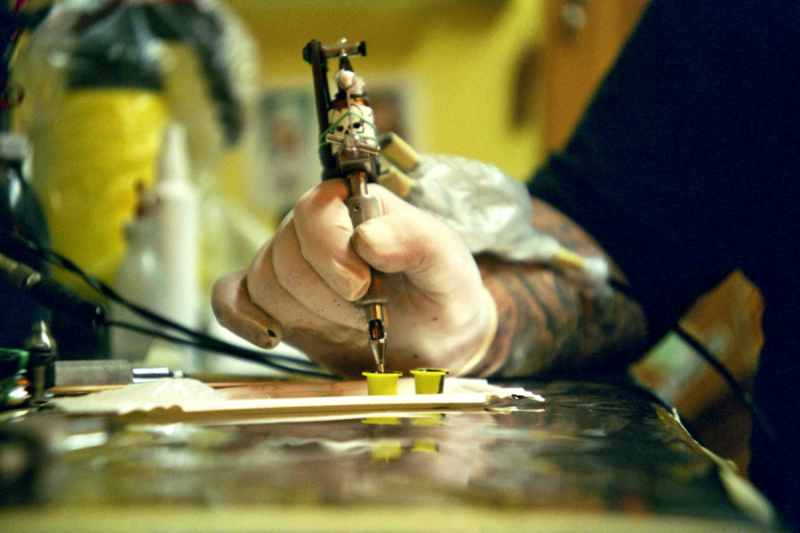Tech companies and global organizations have championed health passes, sometimes known as vaccine passports, as a means to securely reopen businesses and borders as COVID-19 cases drop and vaccination rates rise. The technology is meant to serve as a secure way to prove vaccination without someone needing to present a physical vaccine card or other documentation. For instance, instead of checking a customer’s vaccine card, a business or airline could simply scan a QR code that provides verification based on uploaded medical records. The European Union, Israel, Japan and Singapore have all embraced vaccine passports to an extent to help reopen their borders. Several states including New York and soon California have embraced verification technology. A growing number of states, including Arizona, Florida, and Georgia have banned requiring them. Some opponents of the technology have raised concerns that vaccine passports are an unnecessary replacement for paper, and could disadvantage individuals […]
The post As vaccine passports morph into digital IDs, privacy advocates want to know that user data is protected appeared first on CyberScoop.
Continue reading As vaccine passports morph into digital IDs, privacy advocates want to know that user data is protected→
